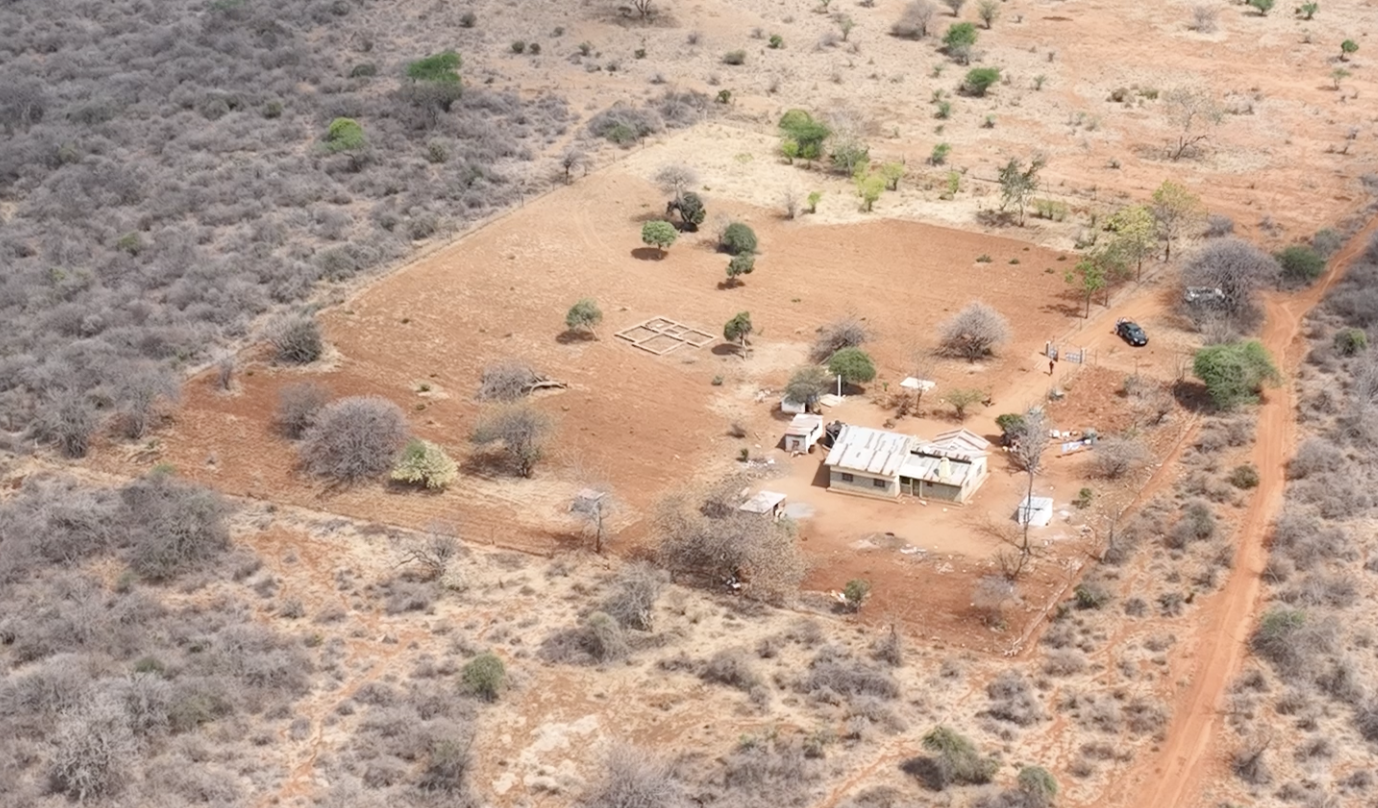
U.S. issues new warning to Africa about borrowing from China

The United States has issued yet another warning to African nations over the risk of being laden with unsustainable debt through large-scale infrastructure projects that are not economically viable.
The Americans says China’s ambitious “Belt and Road” initiative is one to which African nations should pay careful attention.
Unveiled in 2013, President Xi Jinping’s “Belt and Road” initiative aims to build an infrastructure network connecting China by land and sea to Southeast Asia, Central Asia, the Middle East, Europe and Africa.
China has pledged $126 billion for the plan, which has been praised by its supporters as a source of vital financing for infrastructure-starved partners in the developing world.
But U.S. Overseas Private Investment Corporation (OPIC) CEO, Ray Washburne warns that the Chinese strategy creates a debt trap for many poor nations.
“Just look at any project in these countries and they’re overbuilding the size,” he said. “We try to have countries realise that they’re indebting themselves to the Chinese.”

Washburne says an example of that is a $360 million expansion of the airport in Zambia’s capital Lusaka currently being carried out with financing from the Exim Bank of China.
“The local economy isn’t benefiting from that. It’s a much too large airport. They’ll have too much debt on it. At some point, someone’s got to pay. Pay or the Chinese take control,” he said.
Washburne may have an argument.

In December 2017, Sri Lanka formally handed over commercial activities in its main southern port in the town of Hambantota to a Chinese company in December as part of a plan to convert $6 billion of loans that Sri Lanka owes China into equity.
The United States is offering what it says is a better alternative – a new law dubbed the BUILD Act. Under the new plan Congress could boost private U.S. investment in developing nations by doubling OPIC’s access to U.S. Treasury credit to $60 billion.
OPIC also launched an Africa-focused initiative that will earmark more than $1 billion over the next three years to build highways, ports, railroads as well as information and communications technology networks.
“Instead of giving them a fish, we want to teach them how to fish,” Washburne said. “They’ll have to stand on their own two feet. So we’re not in making loans or doing projects that don’t make economic sense.”






